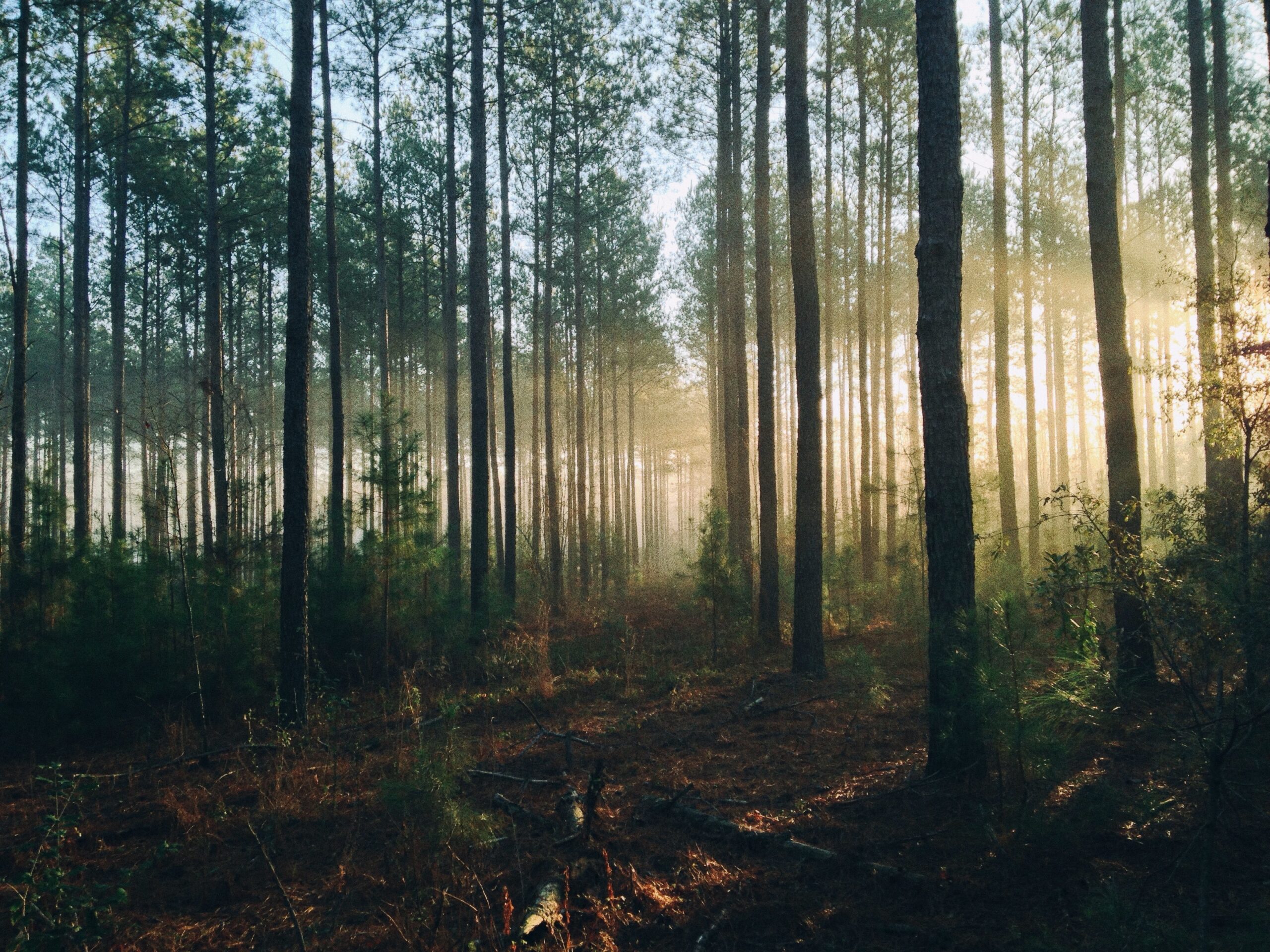Climate change can be counterintuitive. For example, one way to cool the planet would be to clear cut the entire Northern hemisphere. Trees are dark, and absorb heat much more strongly than snow, which reflects light very well. By replacing large swaths of the planet’s dark surfaces (the boreal forest) with light ones (snow and rock), we could pretty significantly reduce the global temperature.
This principle also works in reverse. We can take bright surfaces that cool, such as deserts, and replace them with darker ones, such as forests or crops, increasing the global average temperature.
Here’s an interesting example: in biblical times, the region around modern Lebanon, Israel, and the Palestinian Territories was forested. Following orders (Joshua 17:15), the Israelites went “up into the forest country and clear[ed] an area” for themselves. The result was a drop in the local surface temperature, as bright desert replaced dark forests, and also an increase in the global concentration of greenhouse gases, as those trees released tons of carbon dioxide.
In 1964, the Yatir Forest was planted by the Jewish National Fund, returning some 30 square kilometers to the original ecosystem. A new study shows that although the local temperature around the Yatir Forest has increased as a result, the forest has also absorbed a significant amount of carbon, about 5 tons per acre. That’s nearly as much carbon as forests with similar species in other parts of the globe, and a surprisingly large amount considering the extreme dryness and heat that defines the desert. It also means that the increase in local surface temperature is offset by the decrease in atmospheric carbon!
I have often insisted that the correct framing of the climate change is that we have a greenhouse gas problem, not a temperature problem (though they’re obviously related). When we approach climate change through the lens of global average temperature, we run the risk of implementing strategies like clear cutting forests to reflect sunlight and recreating volcanic eruptions to cool the planet. How about some better solutions, like reducing our carbon output and replanting native ecosystems to absorb the carbon already in the atmosphere? Which sounds better to you?
Brought to you by terrapass.com
Featured image







